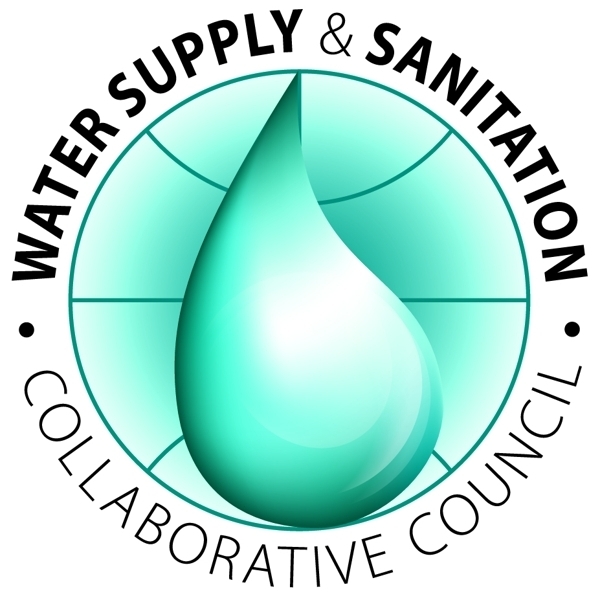The Water Supply and Sanitation Collaborative Council (WSSCC) Nigeria says it is partnering with seven federal ministries to look into ways of increasing funding for the scale-up of water and sanitation programmes.
The National Coordinator of WSSCC, Dr Priscilla Achakpa, said this in an interview with News Agency of Nigeria in Abuja on Wednesday.
She said that the action became imperative because low budget financing for water and sanitation programmes had been a major challenge facing efforts to improve the people’s access to water and sanitation.
Achakpa said that the collaboration involved the ministries of health, education, finance, budget and national planning, water resources, women affairs and environment
According to her, the partnership is necessary because the people’s access to sanitation and water through improved finance is a yardstick for meeting the Sustainable Development Goals (SDGs) by 2030.
“We strongly believe that partnering with these ministries will help them to understand what the issues are and why they should budget for water and sanitation.
“They have to be aware of the importance of budgeting for sanitation and hygiene; when they make budget and present it for approval, they should be able to make everyone to understand the benefits,’’ she said.
Besides, Achakpa said that WSSCC would place increased emphasis on the importance of menstrual hygiene management so as to improve the lives of women and girls in the country.
She said that it was sad to note that sanitation was not given any consideration in the budgets of governments, thereby promoting diseases and the practice of open defecation inadvertently.
She said that Nigeria ought to reduce its disease burden through improved access to potable water and basic sanitation, adding that this could be attained through deliberate and sustained funding.
Achakpa said that it was an undisputable fact that the lack of potable water and basic sanitation promoted water-borne diseases and preventable deaths, particularly among under-five children.
“At the moment, sanitation is one of the key areas that have not been budgeted for at the federal, state and local government levels,’’ she said.
NAN reports that Nigeria is committed to ending open defecation by 2025 through a roadmap that was launched a few years ago.
Goal Six of the SDGs focuses on ensuring access to water and sanitation for all by 2030, but a large number of people, mostly children, still die from diseases associated with inadequate water supply, sanitation and hygiene.

